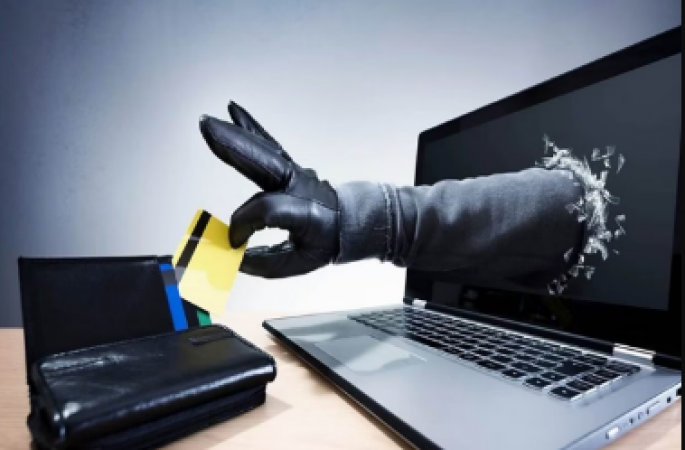To protect yourself from online fraud, here are some essential steps you can take:
- Strengthen your passwords: Use unique and strong passwords for each online account you have. Include a combination of upper and lower case letters, numbers, and symbols. Avoid using easily guessable information like your name or birthdate.
- Enable two-factor authentication (2FA): Whenever possible, enable 2FA for your online accounts. This adds an extra layer of security by requiring a second verification step, such as a code sent to your mobile device, in addition to your password.
Also Read: upcoming technologies that will alter how we live in the future
- Be cautious with personal information: Be mindful of the information you share online, especially on social media platforms. Avoid posting sensitive details like your full address, phone number, or financial information, as this information can be used by fraudsters.
- Use secure websites: When making online purchases or providing personal information, ensure that the website is secure. Look for "https://" at the beginning of the website address and a padlock icon in the browser's address bar. This indicates that the connection is encrypted and more secure.
- Be skeptical of suspicious emails and messages: Phishing emails and messages are common tactics used by fraudsters to trick people into revealing sensitive information. Be cautious of emails or messages asking for personal information, passwords, or financial details. Avoid clicking on links in suspicious emails and be wary of attachments from unknown sources.
- Keep your devices and software up to date: Regularly update your operating system, web browsers, and antivirus software. These updates often include security patches that help protect against known vulnerabilities.
Also Read: Samsung and Apple account for 58% of the global tablet market
- Use reputable antivirus and anti-malware software: Install reliable security software on your devices and keep it up to date. This software can help detect and block malicious programs or websites that may attempt to steal your information.
- Be cautious of public Wi-Fi networks: Public Wi-Fi networks can be insecure, making it easier for hackers to intercept your data. Avoid accessing sensitive information or making financial transactions while connected to public Wi-Fi. If necessary, use a virtual private network (VPN) to encrypt your internet connection.
- Regularly monitor your financial accounts: Keep a close eye on your bank accounts, credit card statements, and other financial transactions. If you notice any suspicious activity, report it to your bank or financial institution immediately.
- Educate yourself about common scams: Stay informed about the latest types of online fraud and scams. Be skeptical of offers that sound too good to be true, and verify the authenticity of websites, organizations, or individuals before providing any personal information or making payments.
Also Read: Following a significant solar eruption, a coronal mass ejection is moving towards Earth
Remember, prevention is key when it comes to online fraud. By following these steps and staying vigilant, you can reduce the risk of falling victim to fraudulent activities.
